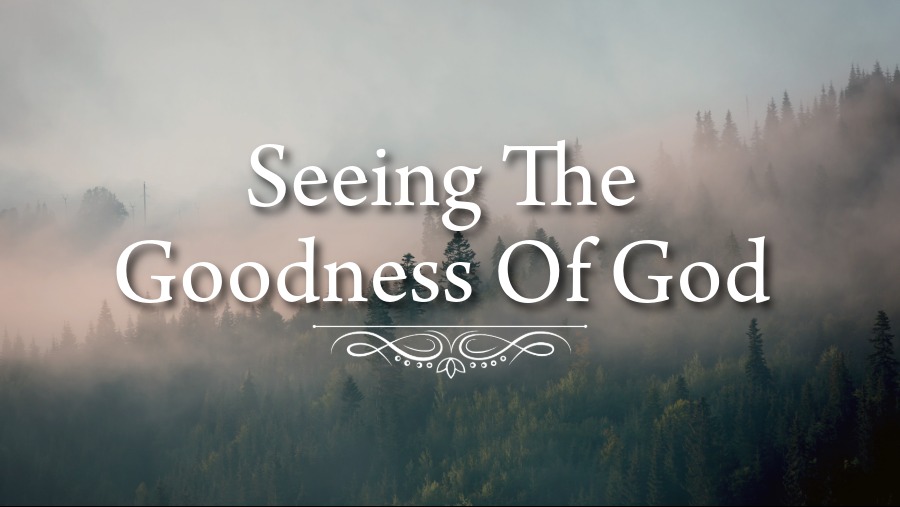
Inward, Outward, Upward
The sermon based on Song of Solomon Chapters 7 and 8 addresses the themes of love and relationships, emphasizing the importance of understanding love from a spiritual, relational, and marital perspective. The preacher explains that love is expressed in various forms, including physical, emotional, and spiritual, and highlights the need for Christians to cultivate meaningful relationships with God and others.
The message starts by recognizing that the book of Song of Solomon portrays love through physical descriptions of the bride, illustrating the importance of desire and attraction in a marital relationship. However, the preacher clarifies that true love is rooted in the heart, not just physical appearances. He draws a distinction between love and lust, stating that while lust focuses on physical attraction, love is based on a deeper connection with a person’s heart and character.
In terms of relational love, the sermon stresses the value of having proper friendships and the necessity of surrounding oneself with people who build and strengthen one’s faith. It also touches on the importance of maintaining boundaries in relationships, ensuring that some people are kept at a distance for personal well-being, while others are allowed into more intimate and influential roles in one’s life.
The preacher then transitions into the spiritual aspect, emphasizing that our relationship with God should be our top priority. He uses the marital relationship as a metaphor for understanding our relationship with God, stating that just as we invest time, memories, and care in a marriage, we must do the same with God. This investment builds a desire and love for God that is stronger and more permanent than superficial duties or rituals. The preacher urges Christians to develop a genuine passion for God through time spent in His Word, prayer, and serving Him, rather than simply going through religious motions out of duty.
In Chapter 8, the preacher highlights the maturation of love in the relationship between the bride and bridegroom, which symbolizes the deepening of love over time. Love matures through consistent investment, time spent together, and the creation of shared memories. The preacher also addresses the importance of valuing oneself and recognizing the high price God paid through Jesus Christ for each individual. This understanding of personal value in God’s eyes should translate into self-respect and the way one teaches the next generation about love.
The message concludes by reiterating the permanence of love and the need to cultivate inward love that manifests outwardly in relationships and, ultimately, leads us to look upward, acknowledging God’s grace and love in every aspect of our lives. Through these chapters, the preacher illustrates how God’s love for us is sealed, permanent, and unquenchable, and encourages believers to model their relationships on this divine example.




.jpeg)


















